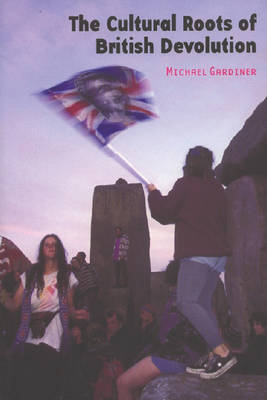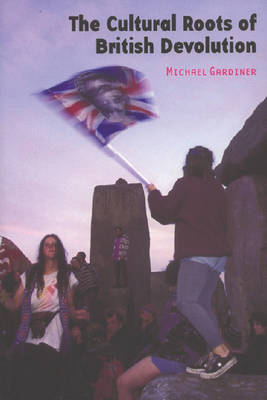
- Afhalen na 1 uur in een winkel met voorraad
- Gratis thuislevering in België vanaf € 30
- Ruim aanbod met 7 miljoen producten
- Afhalen na 1 uur in een winkel met voorraad
- Gratis thuislevering in België vanaf € 30
- Ruim aanbod met 7 miljoen producten
Zoeken
Omschrijving
This book presents a provocative argument which suggests that cultural devolution preceded and indeed forced political change. A 'post-British' form of culture - as found across literature, education and philosophy - has long been in the making, arising especially in local communities who no longer see themselves as British.The author places this change in the context of post-imperial Britain in the second half of the20th century and looks at how underground cultures such as rave and reggae may have laid the foundations for a post-British culture. The various attempts to re-constitutionalise Britain are explored and the book ends with two key questions: how has the progress of a post-British culture been viewed in Scotland, and how do we pull a post-British England out of a devolutionary process which is liable to outstrip all British control?Key Features: *The first serious account of the history of the growing cultural division within Britain in the second half of the 20th century.*Accentuates the cultural roots of devolution, bringing them out from the shadow of party-political explanations.*Looks at the effects of devolution upon both Scottish and English culture.
Specificaties
Betrokkenen
- Auteur(s):
- Uitgeverij:
Inhoud
- Aantal bladzijden:
- 200
- Taal:
- Engels
Eigenschappen
- Productcode (EAN):
- 9780748619214
- Verschijningsdatum:
- 23/06/2004
- Uitvoering:
- Paperback
- Formaat:
- Trade paperback (VS)
- Afmetingen:
- 161 mm x 234 mm
- Gewicht:
- 331 g

Alleen bij Standaard Boekhandel
+ 88 punten op je klantenkaart van Standaard Boekhandel
Beoordelingen
We publiceren alleen reviews die voldoen aan de voorwaarden voor reviews. Bekijk onze voorwaarden voor reviews.











